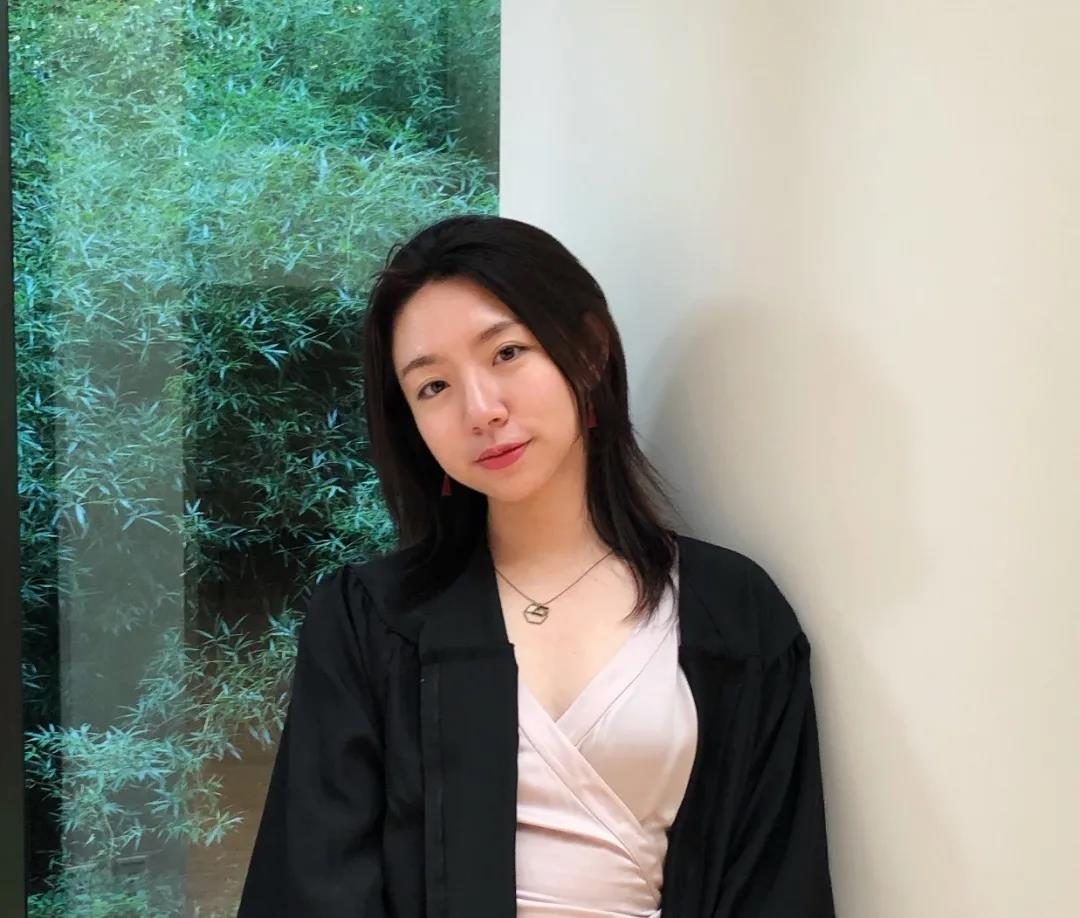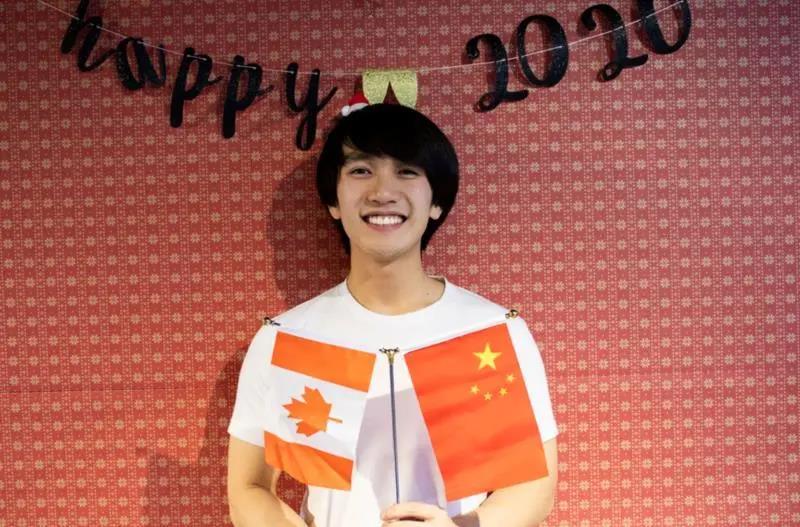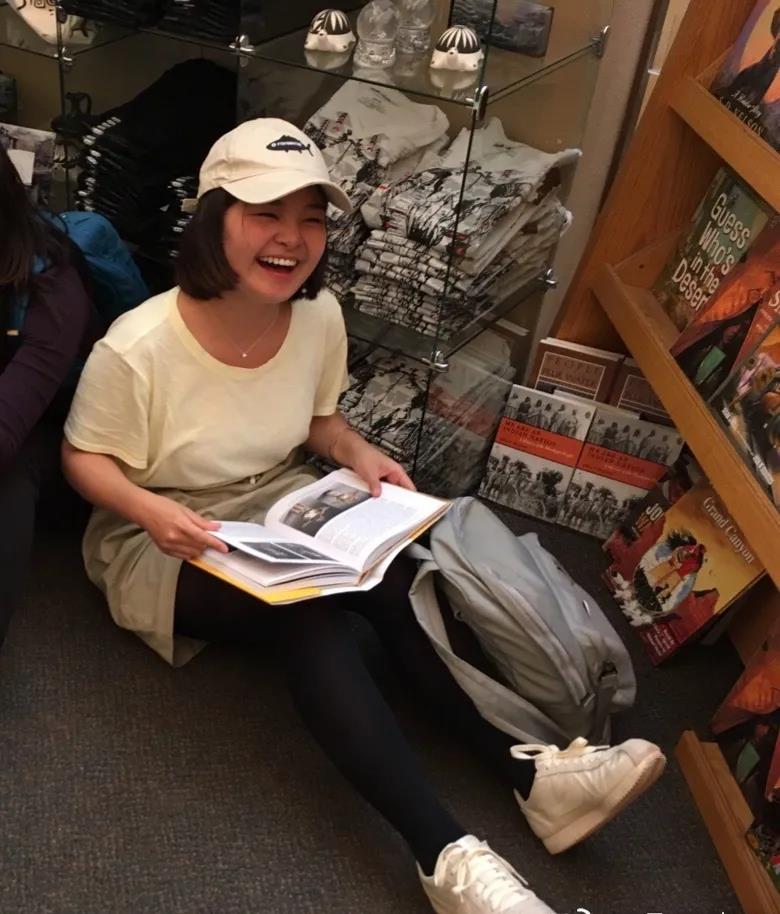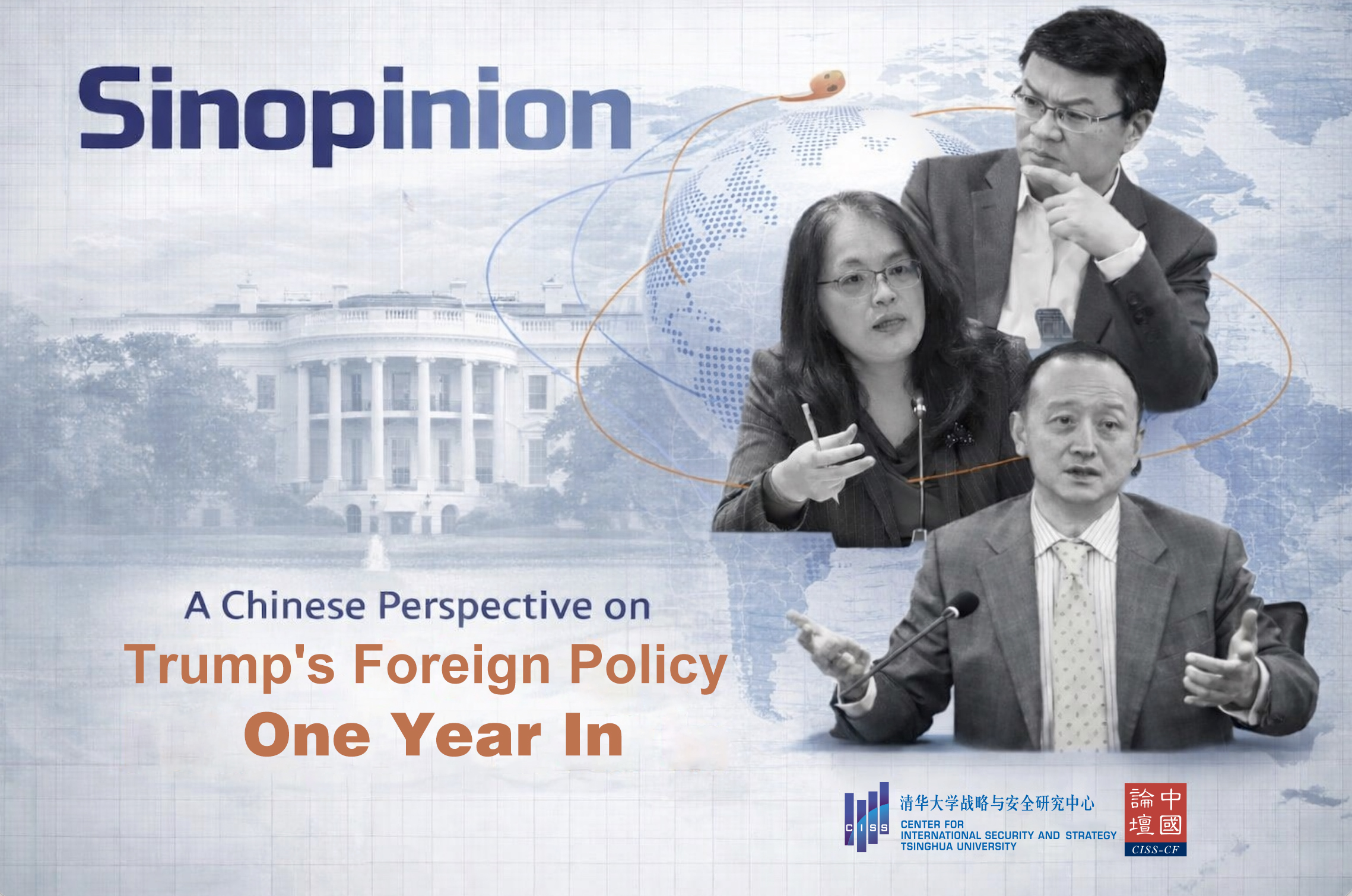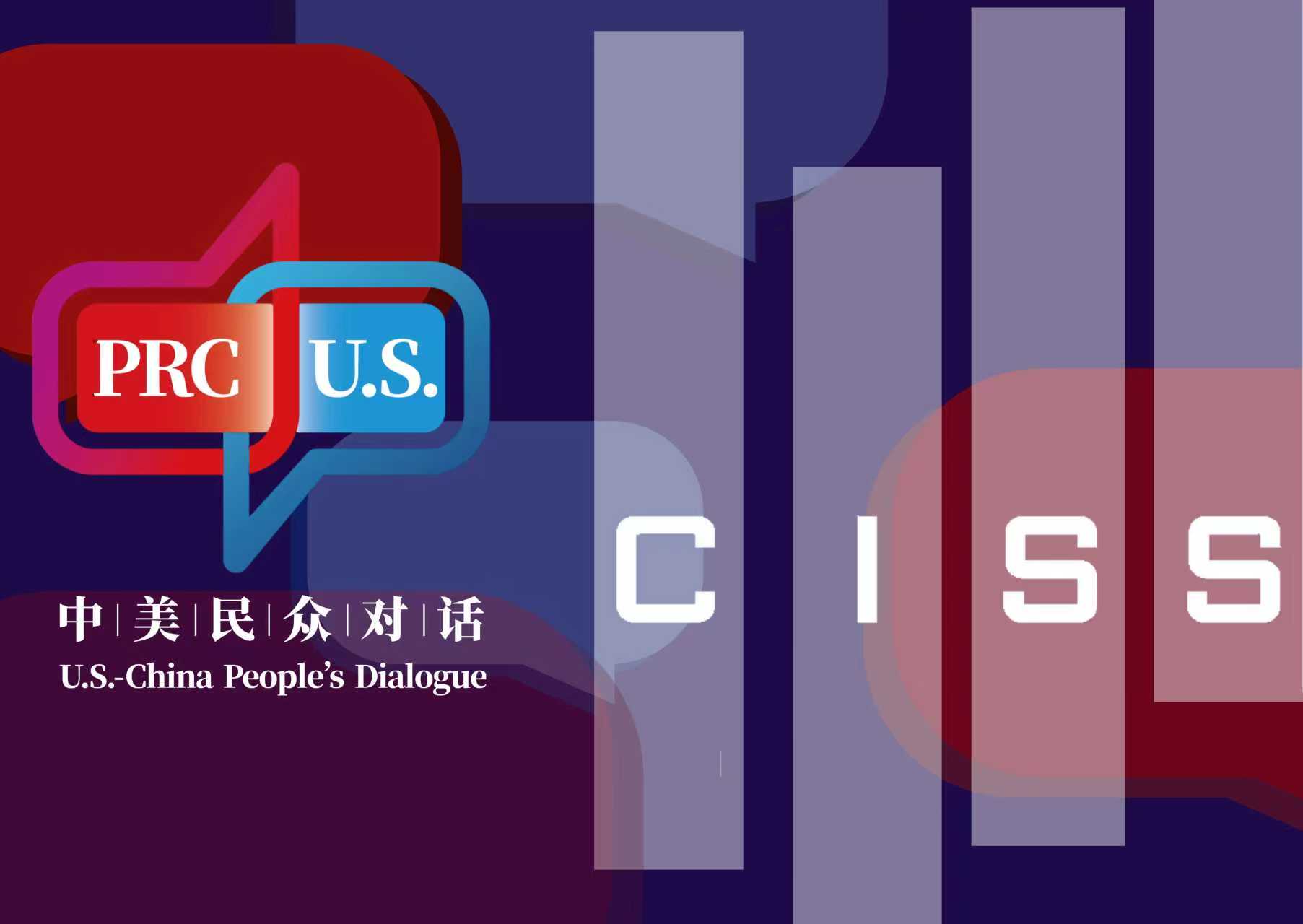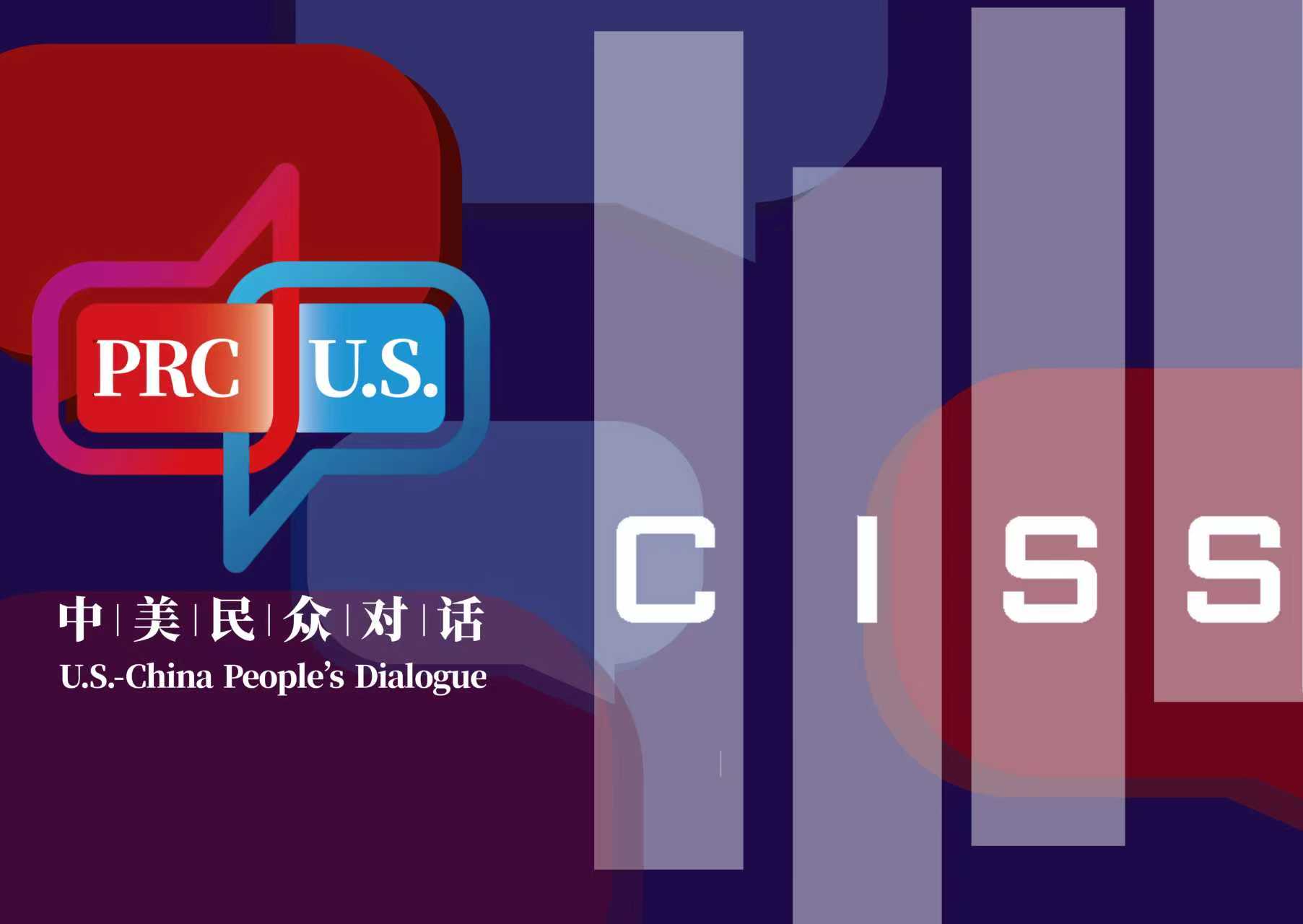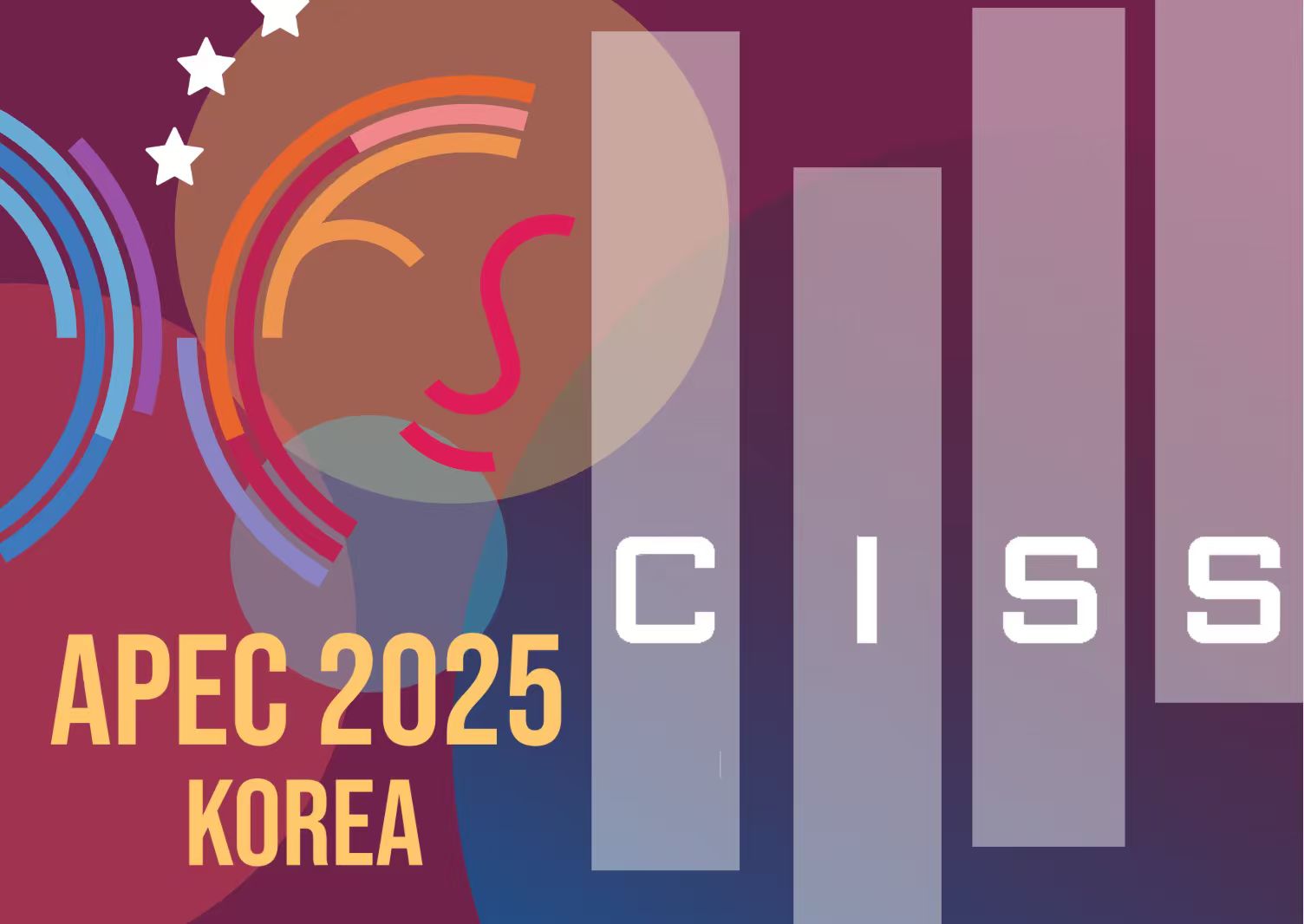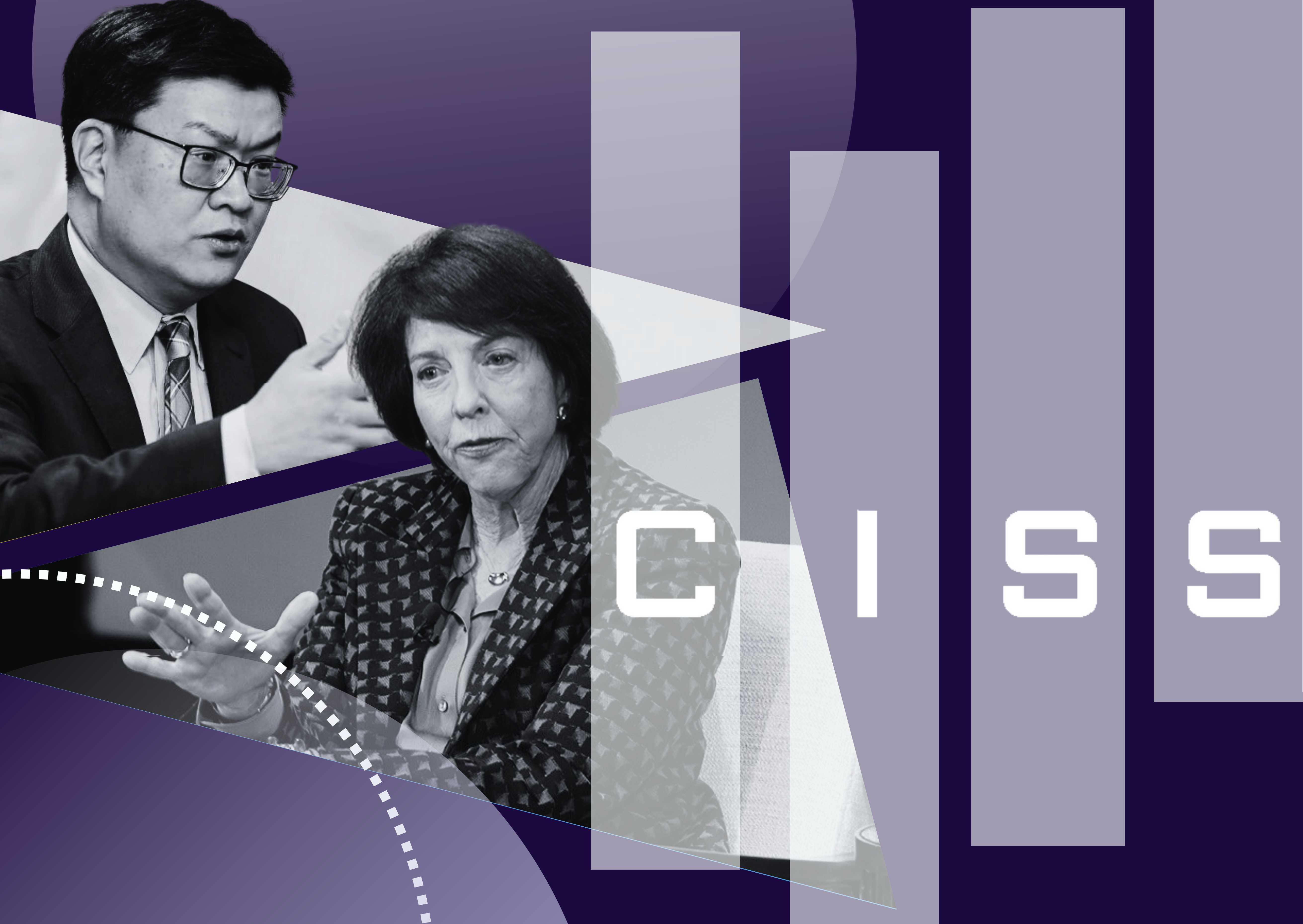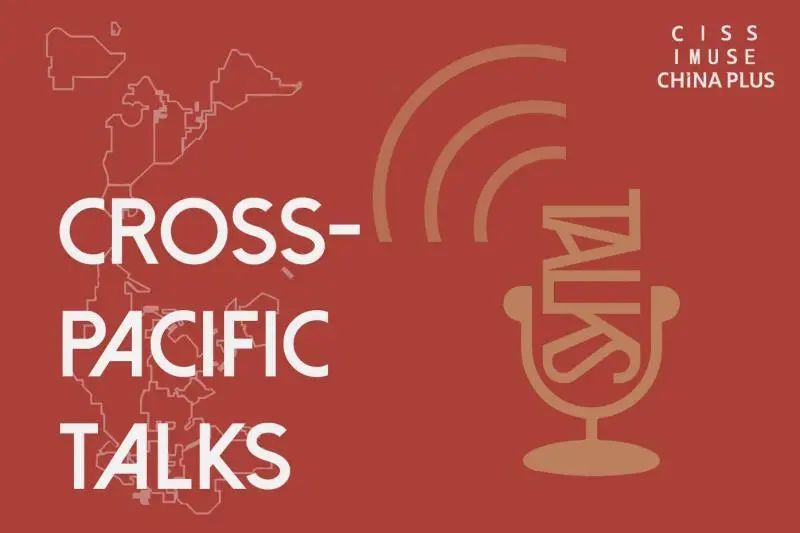
Feast your ears on an inspiring discussion
between top students from China and the US
in the "Cross-Pacific Talks" podcast series.
Co-produced by China Plus, CISS and IMUSE,
it offers a unique perspective on topics related to COVID-19 !
The global pandemic keeps us away from each other. We are not with friends or relatives even living in the same city, not to mention someone far away from another culture or another country. For the third episode, we are joined by four students who are studying either in China or the US. We are focusing on how this crisis affected the cross-cultural communication and what legacy we are to have from such a global plague.
Who are they?
Yanni LI
Recently graduated from Wellesley College with a B.A. in Art History and East Asian Studies
Next fall will begin her graduate studies in East Asian Studies at Stanford University with a focus on China’s contemporary cultural policies
Has lived in many cities - from Dongying to Shanghai, then Halifax and Toronto, and recently to Boston for school
Believes that culture cannot be defined by binaries and dichotomies
Believes face-to-face conversations are one of the best ways to truly understand the complexity of a culture
Muyang ZHAO
Rising senior undertaking his bachelor's degree in Civil Engineering at Tsinghua University
Vice-president of Tsinghua Canadian Students' Association
One of the three presidents of the Association of International Communication
To investigate China's economic miracle and to participate in the development of a modern Chinese society
Believes that only with mutual understanding between the world's great powers, can the people of the world truly prosper
Linli ZHOU
Doctoral candidate at the Social Sciences and Comparative Education (SSCE) Program at the University of California Los Angeles (UCLA)
Master's degree in Social Sciences and Comparative Education at UCLA
B.A. in Pedagogy from the Faculty of Education at Beijing Normal University in Beijing, China
Focusing on the transformative cross-cultural learning experiences of international students from China studying graduate-level education at research universities in the United States
Research aims to promote comprehensive support for students’ academic, career, and civic development during cross-cultural learning
Byran
Singaporean rising junior
Studying International Politics at Peking University
Expecting to gain a deeper understanding of China’s politics and culture.
President of the Singapore Students’ Association (Beijing) (Present)
Vice-President of Initiating Mutual Understanding through Student Exchange (IMUSE) 2020 (Present)
Delegate awarded Honourable Mention at the Peking University Model United Nations on the topic of Sustainable Financing Strategies for the 2030 Agenda (December 2019)
Conference Committee Chair at the 4th China-ASEAN Youth Summit on the topic of Advancing Clean and Renewable Energy Deployment in ASEAN (October 2019)
Internship at the Singapore Permanent Mission to the Association of Southeast Asian Nations (ASEAN).(August 2019)
Q&A
1
Q1
1
Different countries have different ways to handle the crisis and therefore have different results. What is your opinion towards the different handling of the crisis?
Byran
Muyang
Yanni
Linli
1
Q2
1
How do you see the impact of the pandemic on the cross cultural communication activities? People get online for meetings, for classes, instead of meeting people or friends. How do you see this kind of way?
Muyang
In my opinion, because in person meetings are canceled, we actuallylose a lot of cross-cultural context here. When I am talking to somebody across the internet, I cannot properly get their emotional reactions to things I say, and also people tend to hide behind screens, or they always talk in a more formal tone to each other. So right now, cross-cultural communication faces a lot of challenges because of this. But we really should continue cross-cultural communication, because it is truly very valuable.
Yanni
1
Q3
1
Different countries have different cultures and respectively have different political stands and ideologies. As international students, did you ever meet any kind of cultural barrier or culture shock?
Byran
Technically speaking I am ethnically Chinese. In Singapore, 70% of the population is ethnically Chinese. So in that sense, we do share some similar cultures. But we also have the Malay and Indian population. So when I went to China, there are some similaritiesthat I notice from the outside, in terms of the things we eat, the language we speak. But there are many different things, too, like how we go about life, including our notions and political correctness. Although we share the same culture, going to China also allowed me to understand the differences and understand the culture in China better.
I came to China to learn Chinese culture and the reason for the miracle of Chinese economy. For the 3 years I have noticed many things. For example, China's education system is top notch. All the schools are highly funded, the students are very bright. The culture of it places huge emphasis on primary education. And it is certainly contributing to the economy through innovation and through the better skilled workers.Another thing I admire is China's political system, it somewhat intertwines with the economic system. The government lays out what they plan to do for the next 5 years, their general directions, and there will be policies supporting it. It brings a certain level of stability to the economy that a free market economy does not have.
Muyang
1
Q4
1
During the pandemic, the media of different countries have reported differently, but they all plays important roles on leading people and serving the government. What’s your opinion on the impacts of media to people? From the perspective of cross-cultural communication, do you think media is acting positively or negatively? And what impacts do media have on portraying other nations’ images and promoting international communication?
Yanni
In social media, it at first serves its own interests of that country.It's commercial and they want to earn money, so they report something that mostly follow the mainstream opinion instead of being independent or objective or reporting the truth. This is the reality and I guess it is very hard to change in this free market and economic neoliberalism, in this world. What is important from my opinion—because I study education—is to cultivate the critical literacy, like how can we read two different pieces of opinions with our own understanding and understand why they report this. What we are reading may not be talking about the truth, why we're seeing this and what are hidden, those are the things that the university can cultivate our students our next generation, or even the general public, adult education.
Linli
1
Q5
1
The World Health Organization has played a very important role in handling this a global pandemic New Corona Virus, by organizing——collective efforts from different countries to fight to the pandemic there. And also U. N. sector general Antonio Guterres also called on all countries to cooperate and to support to the W.H.O. How do you see the effects of these international organizations in international corporation? In against of the virus, is there anything they need to improve?
Linli
The International organizations are so important. They consider not only themselves but from an international perspective, especially during this US-China rivalry. We are not able to know the true situations in 2 countries because of different reports from social media. I'm a Chinese but I live in the United States and the social media around me is all about how China is bad. Well in China my parents are sending me all Wechat posts about how US is so dangerous and they worried about me a lot. So it's very contradictory and controversial stuff to talk about. And international organization, I guess they can play a important role of adjusting those relationships and provide a plan maybe probably that is of mutual benefits for different countries.
Muyang
Yanni
I think Singapore, as a small country, will always want our bigger partners and bigger countries to be in all these international organizations. Because from the standpoint of the small country these international organizations don’t work without countries.That's why in the United Nations although many people have called for the reform, there is no action. Technically speaking, it's very hard for international organizations to operate without the leadership or lack of funding from bigger countries. So in that sense, we would love to see the US to go back and join all the international organizations that it had chosen to pull out.
Byran
1
Q6
1
In such a time, do you have any planning for your future career? Is the international or domestic situation impacting your personal planning or career development?
Linli
With regard to future plans, honestly I'm going back to the states for master in Stanford next year, and originally I wanted to work in the states at least for a couple years after I graduate from school. But now, I have seen so much policy change. I'm not sure if I want to do that, because there's no sense of security. One day the policy might be this way, but a couple months or a year later, you might no longer be able to work in the US. Our companies don’t sponsor visas, so there is a lot of barriers for me to work in the US. So now I’m thinking about coming back to Toronto in Canada to pursue something or maybe like Japan in Asia. I'm not sure.
Yanni
Muyang
As far as I know, the policy of the US limiting Chinese nationals funding higher education in the US affects a lot of people around me. I personally think that each country should develop their own education system, their own primary education system to be better and less rely on foreign migrants for higher education.
In general, at this time most people are unsure about their job. In the future, whether their career path is still there. ButI think there is confidence that we have to move into this new age of telecommuting, be overseas without being overseas. I think that is a new advantage that we can look into in the coming years.
Byran

